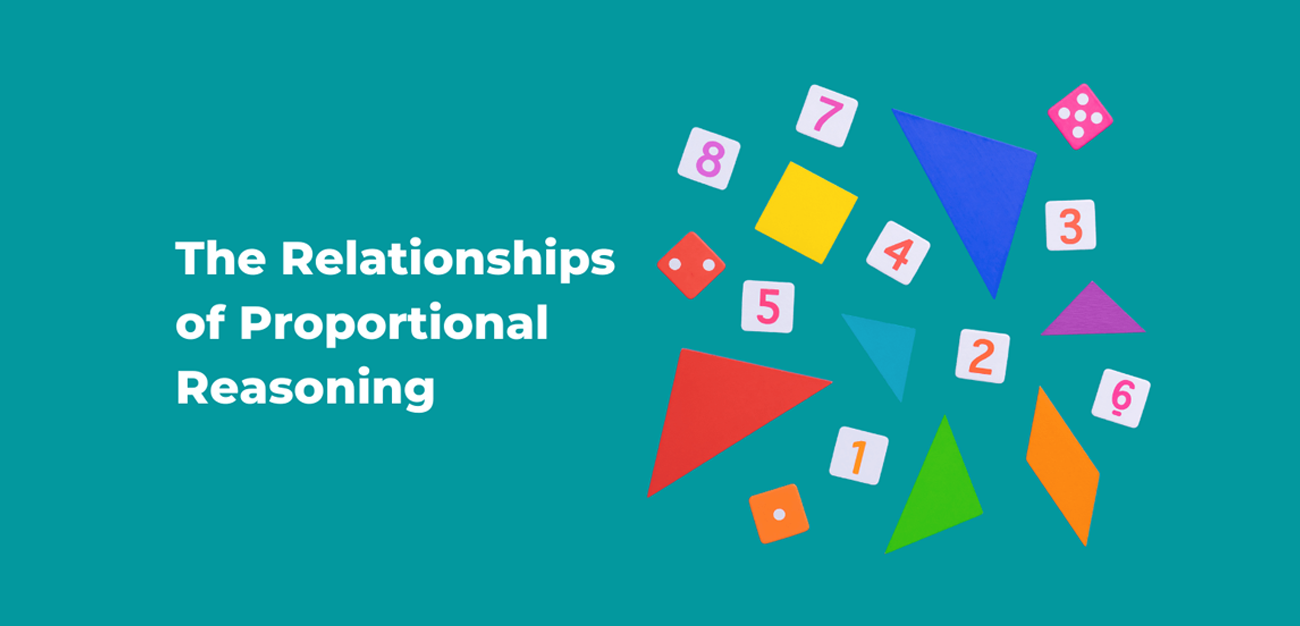Proportional reasoning is an incredibly valuable math concept that is one of the four pillars of mathematics. It requires students to grasp relative size and ratio and proportional relationships between sets of numbers or objects. It also enables children to understand and make proportional judgments in various situations, which are integral to success in mathematics.
When proportional reasoning is understood correctly, children can quickly break down complex mathematical problems into simpler parts, helping them form a strong foundation within mathematics and build a deeper comprehension essential for future math challenges.
However, if a child is struggling in math, they may be missing the basic foundation, including proportional reasoning. As one of the leading math programs in Toronto, Dropkick Math Academy works with students to help repair any misunderstandings or gaps in learning.
Does Your Child Enjoy Learning About Proportional Reasoning?
If your child enjoys spending time rationalizing and solving puzzles, chances are they enjoy learning about proportional reasoning. As one of the four pillars of math, proportional reasoning offers children the perfect combination of challenges, whether they want to test their problem-solving skills or just strengthen those mental muscles.
With proportional reasoning paving the way toward understanding fundamental mathematical concepts, it’s no wonder why children must get a firm grasp on the subject. Children can power up their equation-solving abilities by fully understanding how deep relationships work in proportional reasoning.
The Relationships
Relationships are a key component in mathematics, especially in proportional reasoning, as it relies heavily on comparing quantities and values. These relationships are evident through the study of ratios, rates and rational numbers.
An example of how relationships work in proportional reasoning is shown when comparing values in a ratio. When children start to understand relationships, they will better understand the concept of the mathematical equation and how to solve it.
Developing Proportional Reasoning
Students developing proportional reasoning can generally distinguish between additive and multiplicative relationships. They are able to solve problems involving proportional reasoning and can compare ratios. Students should learn proportional reasoning over several years, beginning in younger grades alongside the development of their rational number sense.
For children who may be struggling with proportional reasoning, Dropkick Math Academy can help! Proportional reasoning is a fundamental component of mathematics and an invaluable asset for students of all ages. This skill can help students tackle any subject that requires arithmetic or mathematical understanding.
Students of all academic levels must be equipped with proportional reasoning competencies to successfully get through school and have basic skills beyond their academic years. Employers in various fields may also appreciate workers who possess proportional reasoning abilities, so mastering this important concept should never be overlooked or belittled.
The Four Pillars Of Math
As experienced Ontario teachers, we have seen a lack of confidence and understanding from our students in mathematics over the years. Upon further review, we recognized four key areas that children struggled with when mastering math – Number Sense, Operational Sense, Proportional Reasoning and Algebraic Reasoning.
We now understand that if students do not possess a strong base in these four pillars of math, they risk struggling to keep up in the classroom setting. Our goal is to improve our students’ foundational skills by incorporating the basic fundamentals in each of our programs to enrich math education for all.
Making Learning Fun
Seeking relationships between mathematical concepts is a key component of learning, particularly when it comes to children. Understanding relationships between the different elements of mathematics can help children learn more efficiently and set them up for greater success beyond basic arithmetic. However, forcing children to uncover relationships before they understand the basics can be detrimental as it can disconnect them from math, causing them to shut down and be unwilling to engage in learning at all.
Ultimately, introducing relationships into a child’s mathematics learning requires careful and thoughtful implementation; too little and their instruction could suffer, but too much will cause them to become disinterested. This is why we leave the stuffy textbooks must be left behind and learning should be made fun!





